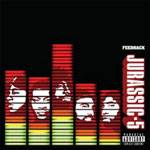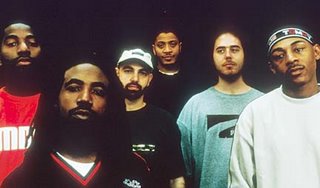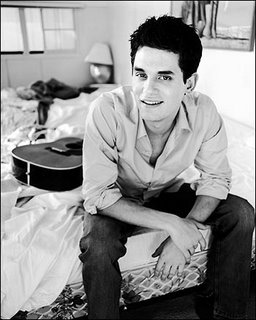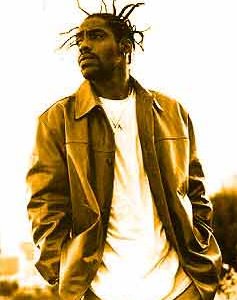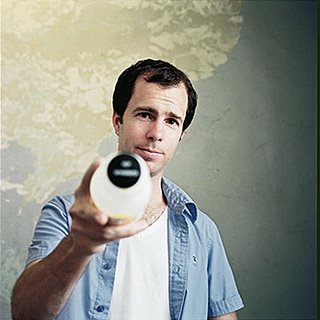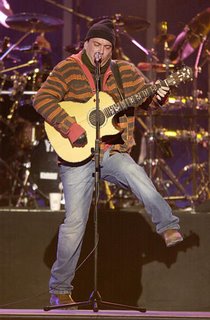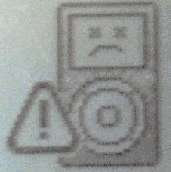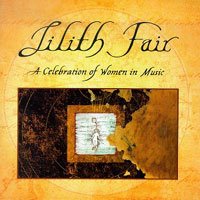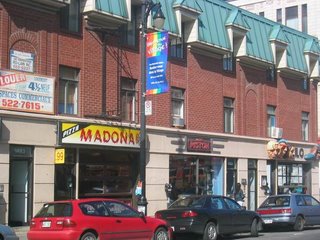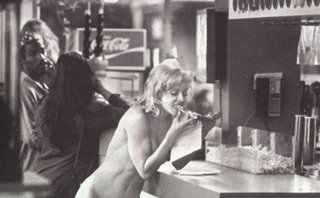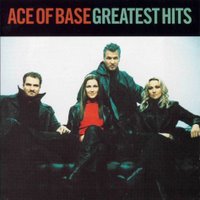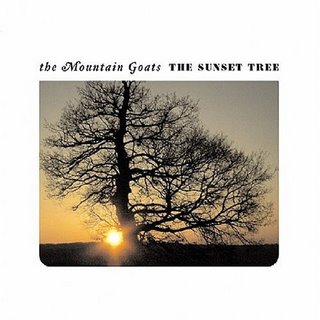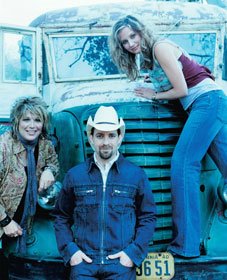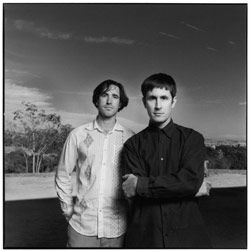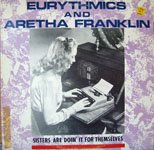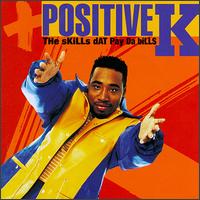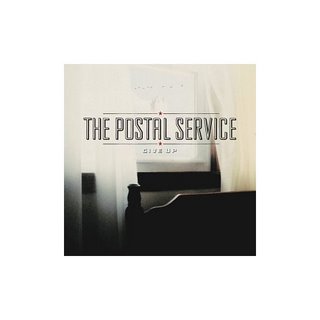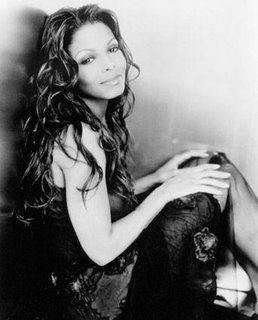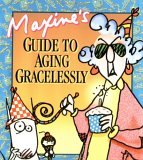Five Songs For... Feeling Cooler
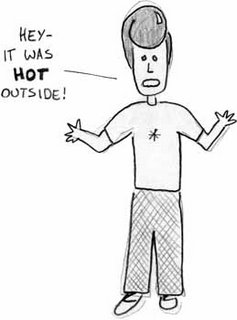 I have to write about the weather. The scorched earth compels me. If ever there was a time we needed to feel cooler, it's right freaking now. (This could be why I'm going to Iceland in a few weeks. But more on that in future posts.)
I have to write about the weather. The scorched earth compels me. If ever there was a time we needed to feel cooler, it's right freaking now. (This could be why I'm going to Iceland in a few weeks. But more on that in future posts.)For now, I'm doing a temperature related Five Songs For...
That's right.
Five Songs For Feeling Cooler.
But what do I mean by "cooler," you ask? That's half the fun!
(1) "Tyrone" by Erykah Badu
In this song, Ms. Badu delivers a frosty rebuke of a no good man, telling him he better call his buddy Tyrone to come help him move his shit (her word) out of their house.
Just hearing her dis makes the temperature drop. Try not to suck air through your teeth and say, "Damn! That's cold!" every time you hear these lines...
I think you better call Tyrone
And tell him come on
Help you get your shit
You better call Tyrone,
but you can't use my phone.
Those who already know the song will remember how much fun Badu has with that "you can't use my phone" business. It's a live recording, and just before she drops the last line she says, "Hold up. Check this out." She's instructing us to pay attention as she hurls the coldest, nastiest dart at her no-good-lover's eye.
Damn! That's cold!
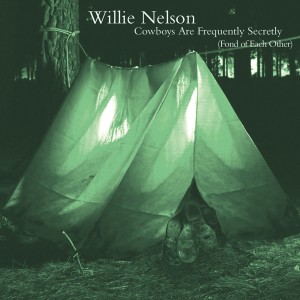 (2) "Cowboys Are Frequently, Secretly (Fond of Each Other)" by Willie Nelson
(2) "Cowboys Are Frequently, Secretly (Fond of Each Other)" by Willie NelsonFew people--singers or otherwise--are cooler than Willie Nelson. You guys? He just. Doesn't. Give. A damn. Can you think of one other male country artist who could sidle up to the mic and sing about how hard it is to be a gay cowboy? How the men who brag about banging girls are "most likely queer?" Listen to this sample. Nelson sings with a matter-of-fact drawl, as though he's telling a truth so obvious that he can't even be bothered to make a big deal of it.
Nelson can be that laid back because he's confident. He knows who he is. He's cool enough to call other people out on their homophobia without resorting to that bullshit about "Oh, I'm not gay. Seriously. I just don't hate 'em, you know?"
Because arguments like that are subtle defenses of homohpobia. Willie just out and out says to back off with the hatred. (Or, really, songwriter Ned Sublette says it. But the singer gets stamped with the song, I say.)
Nelson's cool factor gets upped by the fact that's he so old and crusty and cowboy-ish himself. And he wrote "Crazy" for Patsy Cline. He's the definition of hardass country music.
So while it was great when Pansy Division recorded "Frequently, Secretly" in the 90s, it was cool when Nelson did it last year because it was so unlike his image. It's politically unexpected, so it carries more weight as a gesture. Plus, it's a fun, touching song with a laconic steel guitar. Always a pleasure.
(3) "Theme from 'Shaft" by Isaac Hayes
This song makes the cut because it makes me feel like a cooler person for simply being in its vicinity. No matter how much of a Scientologist he may be now, Hayes made the sexiest ode to a private detective that will ever exist. It's a classic, and it only gets cooler because the song is indirectly responsible for the creation of the "Shaft" remake, which helped Samuel L. Jackson maintain his iron grip on the title of "Baddest Motherf***er in the Movies."
And that was before there were any motherf***ng snakes on the motherf***ng plane!
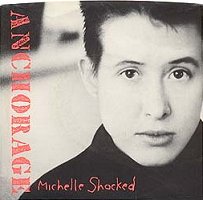 (4) "Anchorage" by Michelle Shocked
(4) "Anchorage" by Michelle ShockedThe thermometer drops a little when you hear a song about Alaska, right?
Well, even if it doesn't, I'm glad to have an excuse to bring up this gorgeous song. Shocked--a vastly underrated singer-songwriter who blends Texas twang with Cajun instruments and the occasional rock guitar--sings about writing a letter to an old friend. Then that friend writes back to say she's moved to Anchorage, Alaska because her husband got a new job. And now she feels like she's lost everything she loved in life. She feels, as Shocked puts it, "anchored down in Anchorage."
Much of this song is written in the voice of a letter, and you hear thousands of words behind what's actually said. Shocked's minimalist lyrics certainly helped pave the way for Lucinda Williams' rich work on "Car Wheels on Gravel Road."
Consider the ache implied in this verse:
Hey girl, it's about time you wrote
It's been over ten years you know, my old friend.
Take me back to the days of the foreign telegrams
and the all night rock and rolling.
Hey, Chelle, we was wild then
Hey girl, you know the last time I saw you
was on me and Leroy's wedding day.
What was the name of that love song you played?
I forgot how it goes.
I don't recall how it goes.
The sadness only multiplies with Shocked's gravelly vocal, which ocasionally leaps to a cracked high note to suggest emotion breaking free. And the gentle shuffle of the rhythm suggests a wistful acceptance that this is friendship is lost. That the good times are over. That two young people have grown older and gotten anchored down in their different lives.
By the time Shocked repeats the word "Anchorage" over and over, it's obvious the song's ideas are spinning with obsessive regret. The music, however, does not change. The drums roll softly. A guitar gets strummed. A triangle clings.
We just keep moving forward, the song says, no matter how much we want to stop. Even as we're crying, something steady and unchanging is pushing us along.
(5) Your call! Which songs make you feel cooler?
Labels: Pop
